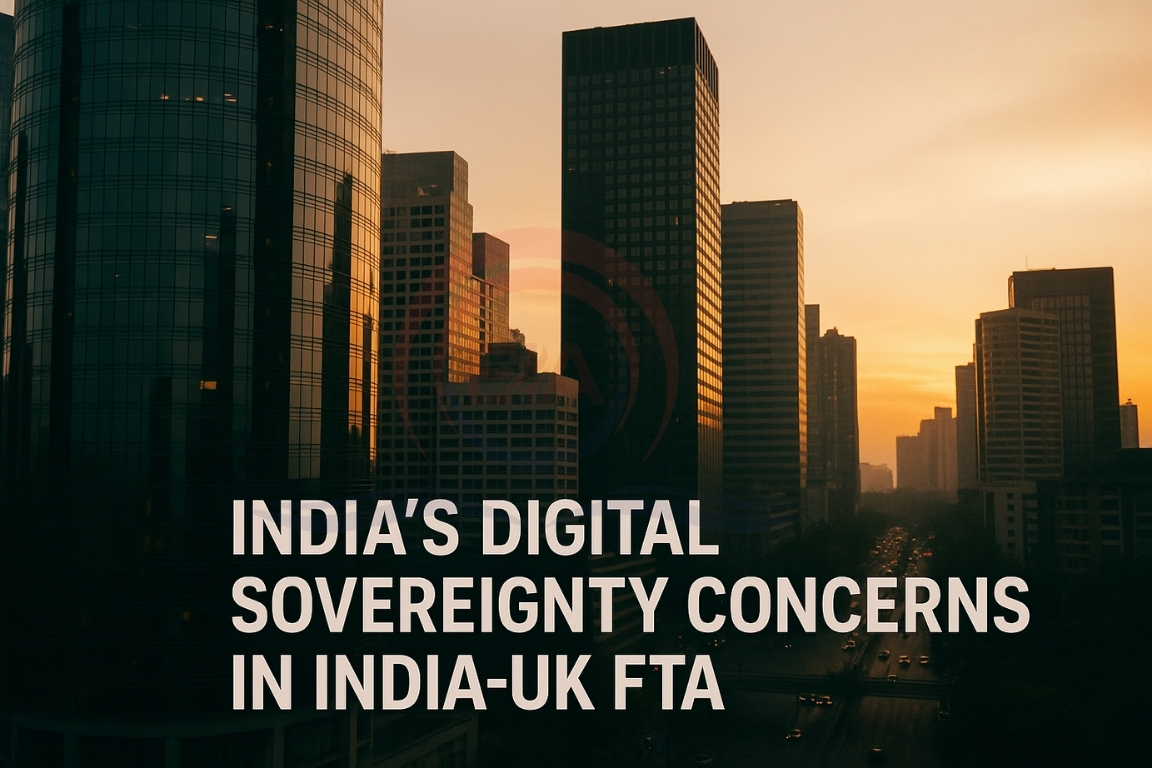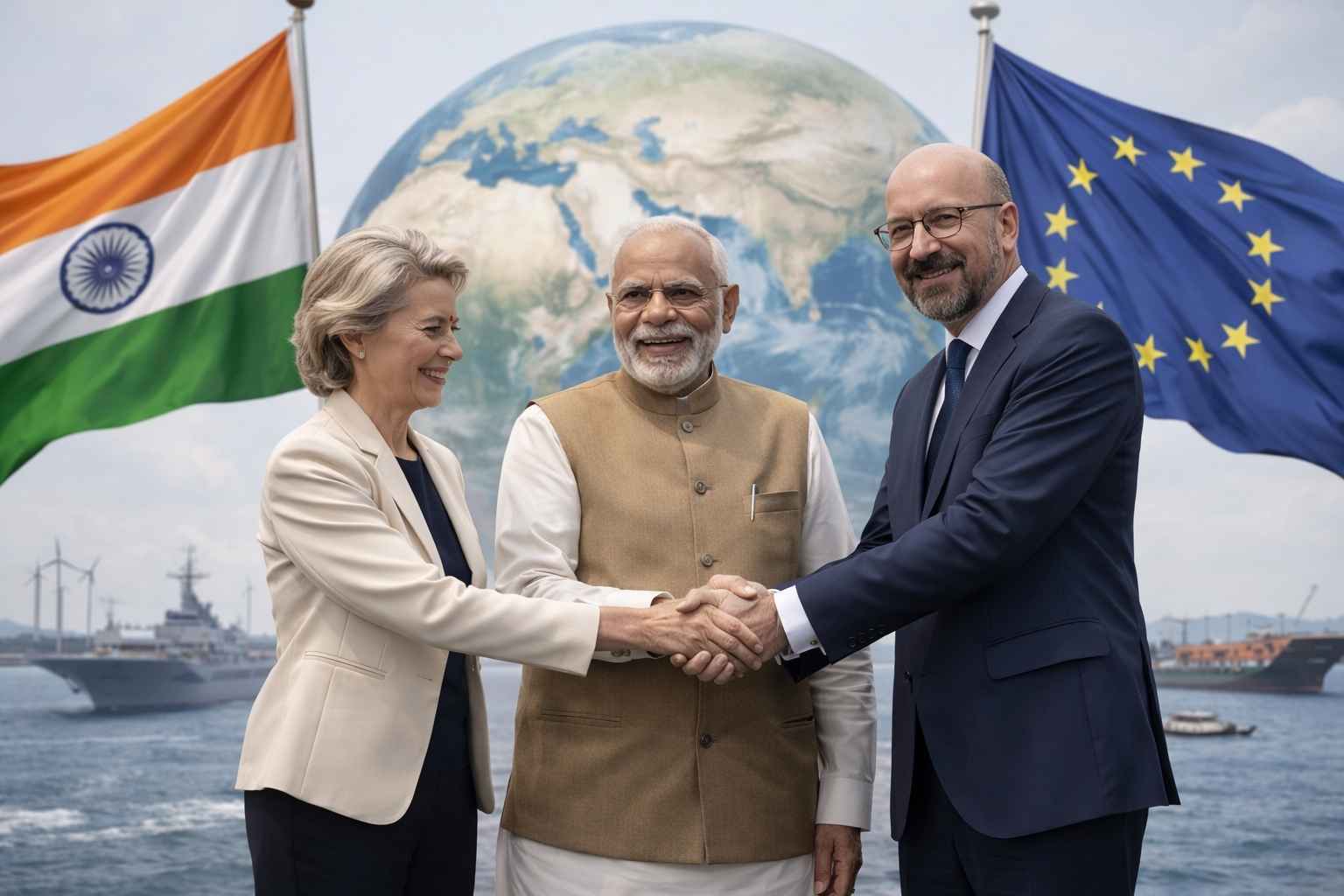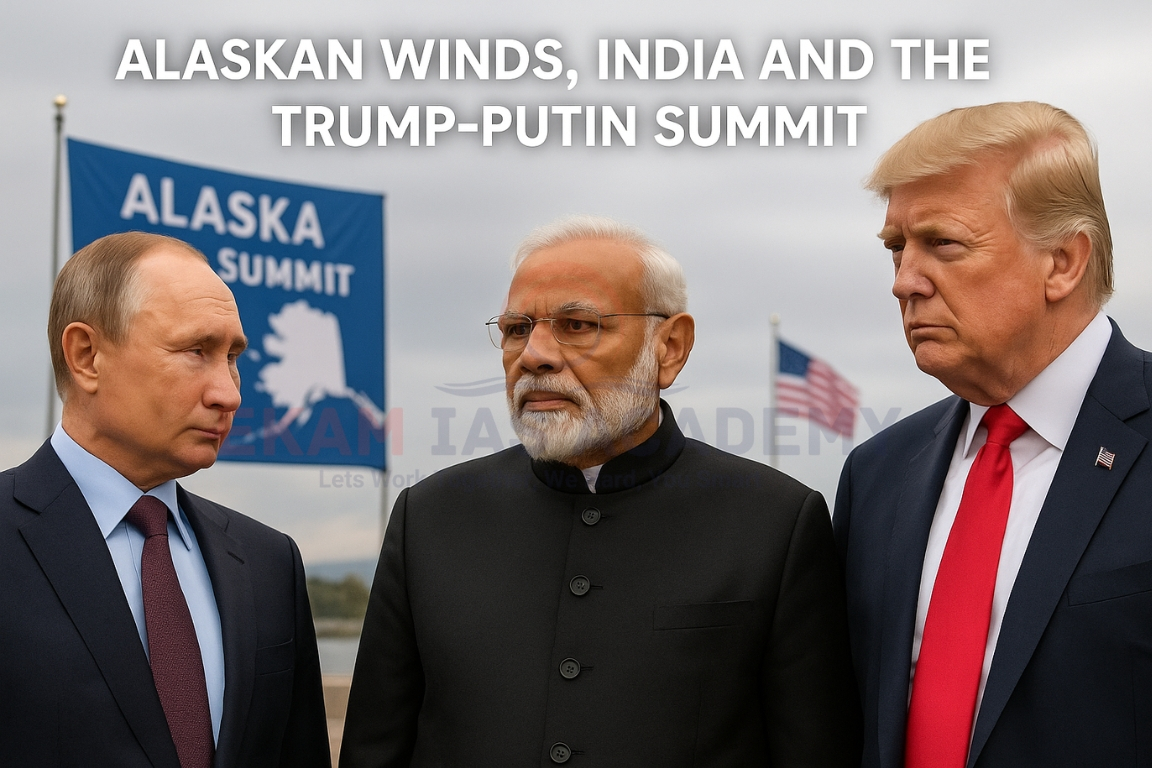The recently concluded India–UK Free Trade Agreement (FTA), hailed as a “gold standard” by the commerce minister, is being criticised for possible compromises in India’s digital sovereignty, with experts warning of long-term strategic and security risks.
Background
- The India–UK FTA, also called the Comprehensive Economic and Trade Agreement (CETA), covers multiple sectors.
- While agriculture and manufacturing received attention, the digital sector provisions have raised concerns over loss of regulatory control and strategic autonomy.
Key Concerns Source Code Disclosure Restrictions
- India has agreed not to demand pre-emptive access to source code of foreign digital goods or services, even in sensitive areas.
- Earlier, India had defended this right at global platforms like the WTO for regulatory, security, and safety reasons.
- Many countries, including the US, now allow exceptions for critical infrastructure, but the UK FTA applies restrictions to all software.
- This limits the ability of Indian regulators to inspect software in sectors like telecom, AI, and healthcare.

Access to Open Government Data
- The FTA grants equal and non-discriminatory access to UK parties for India’s government-held data.
- In the digital era, data is a critical economic and strategic resource for AI and emerging technologies.
- Such access could erode India’s advantage in creating domestic AI solutions and pose security threats if sensitive data is misused.
- Though the provision is currently non-binding, it sets a precedent for future obligations.
Data Flow and Localisation Commitments
- India has resisted pressure to allow free cross-border data flows and avoid data localisation requirements.
- However, the FTA commits India to extend similar concessions to the UK if it grants them to another nation, reducing policy flexibility.
- This could weaken India’s long-held strategic positions in digital trade negotiations.
Strategic Implications
- Digital trade rules, once agreed, are hard to reverse, locking India into external digital governance models.
- Lack of a strong political constituency for digital sovereignty means these issues get less attention than agriculture or manufacturing.
- The concessions may risk India becoming dependent on foreign digital ecosystems, repeating historical patterns of economic subordination.
Way Forward
- Formulate a comprehensive digital sovereignty and industrialisation policy before entering trade deals.
- Ensure digital experts are part of FTA negotiations alongside trade officials.
- Develop a roadmap for becoming a digital superpower, securing both economic and security interests.
- Treat national data as a strategic asset to be protected for domestic innovation and AI leadership.
Conclusion:
India’s digital concessions in the UK FTA highlight the urgent need for a clear national strategy on digital sovereignty to safeguard long-term independence and competitiveness in the global digital order.





